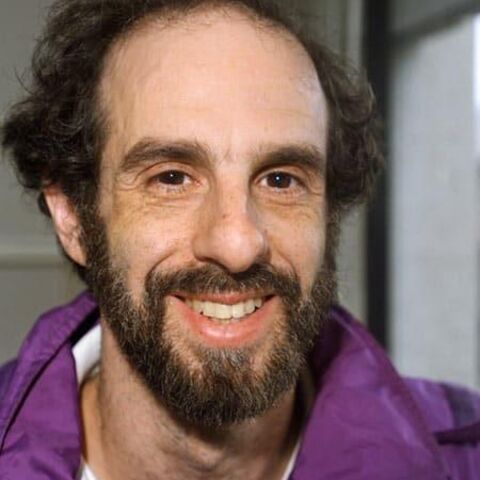Paul Ginsparg
Professor
Quantum field theory; digital knowledge networks
Research
Ginsparg has recently used techniques from statistical mechanical models, specifically the Potts spin glass, to investigate community detection in networks. He has used these to develop new algorithms for clustering arXiv.org subject areas on the basis of full-test similarities, co-author networks, citation networks, and co-readership collaborative filtering. He has also worked on quantum computing and quantum information, including simulations of statistical mechanical models on current 20 and 65 qubit machines.
Educational Background
A.B., Physics, 1977, Harvard University. Ph.D. Physics, 1981, Cornell University. Harvard Society of Fellows, 1981-84. Assistant Professor, Physics, Harvard University, 1984-1986. Associate Professor, Physics, Harvard University, 1986-1990. Technical Staff Member, Los Alamos National Laboratory, 1990-2001. Professor, Physics, Computer Science, and Faculty of Computing and Information, Cornell University, 2001- present. Visiting appointments at: C.E.N. Saclay, France; Princeton University; Stanford Linear Accelerator Center; The Institute for Advanced Studies, Princeton; The Institute for Theoretical Physics at UC Santa Barbara; The Mathematical Science Research Institute at UC Berkeley; Hebrew University, Jerusalem. A.P. Sloane fellow, 1986-1990. DOE Outstanding Junior Investigator, 1986-91. Fellow, American Physical Society. MacArthur Fellow, 2002. Radcliffe Institute Fellow, 2008-2009.

